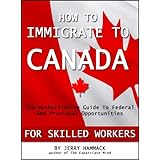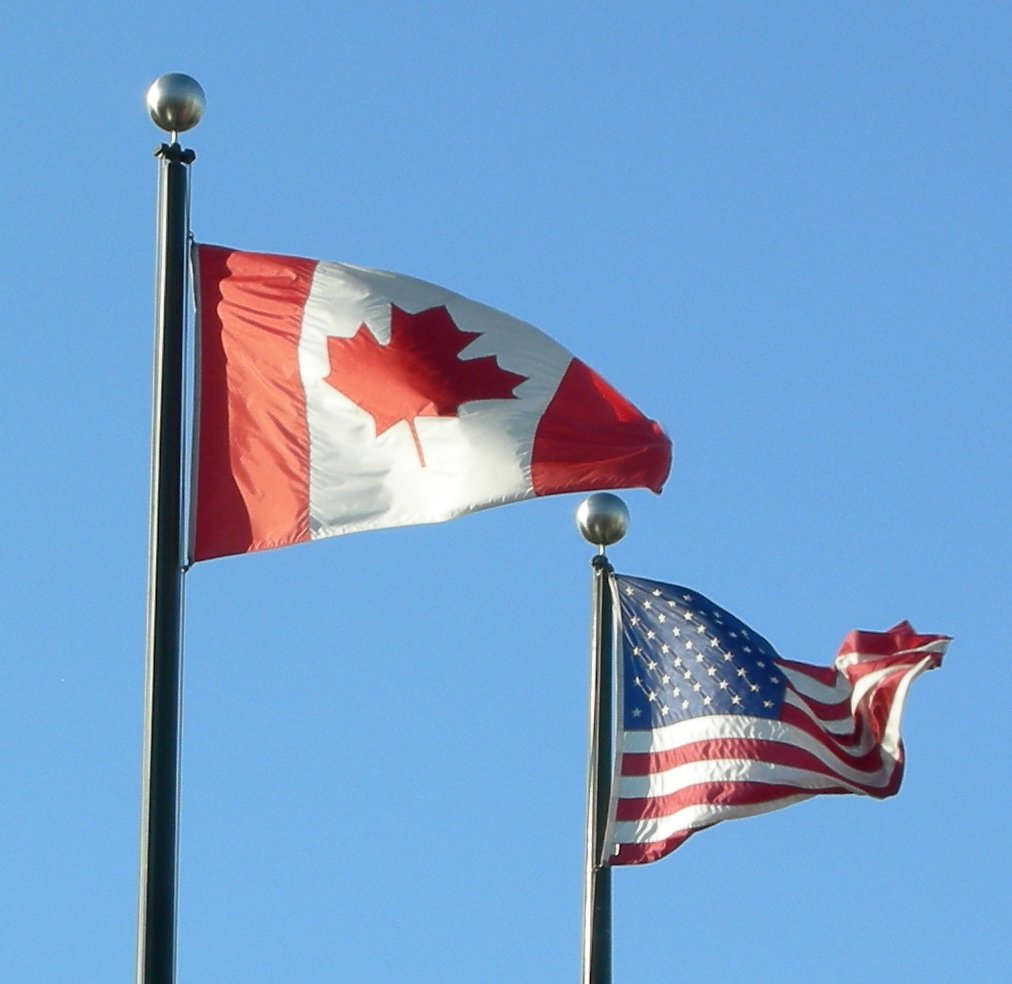2014 wasn't the most eventful year on the immigration front in Canada, but 2015 is shaping up to be a game changer. The biggest change of course will come with the Expression Of Interest program. This will impose a major change not in the application process for skilled workers, but in the actual chances a skilled worker has for immigrating to Canada.
Where Canada has historically had a first-come-first-served approach to immigration in all classes, it is moving toward a very selective, and therefore highly political approach that will bring the "most qualified" to the front of the line - even if they just got in line yesterday. While this approach is currently limited to economic immigrants, don't think for a minute that it wont come to apply to all classes of immigration.
In the future, who knows? Even reunification of families may be prioritized by which families might be more economically successful as immigrants in the government's eyes.
Outside of the immigration front, and on a more personal note, 2014 finds me fully settling in to my Canadian life. America is becoming a crazy memory, where my only remaining concerns are with friends and family. What goes on there - fair or unfair, just or unjust - only matters to me to the extent that it impacts those I love. Beyond that, living in Canada has confirmed what I've long felt about my home country: there's something fundamentally wrong with the United States.
For those seeking to immigrate to Canada, I wish you the best in 2015. More than ever it will be important for you to understand the program options available to you and to seek out qualified advice on the path you set out on. Canada is likely to welcome more immigrants than ever in 2015 - mainly because it's a year in which we will see a federal election, and the Tories are going to want to play the immigrant card has strongly as they can. But to be one of the lucky ones who get through the red tape, be sure you are informed, proactive, and consistent in your immigration strategy.
Have the happiest of New Years and God bless you all, my faithful readers!
Where Canada has historically had a first-come-first-served approach to immigration in all classes, it is moving toward a very selective, and therefore highly political approach that will bring the "most qualified" to the front of the line - even if they just got in line yesterday. While this approach is currently limited to economic immigrants, don't think for a minute that it wont come to apply to all classes of immigration.
In the future, who knows? Even reunification of families may be prioritized by which families might be more economically successful as immigrants in the government's eyes.
Outside of the immigration front, and on a more personal note, 2014 finds me fully settling in to my Canadian life. America is becoming a crazy memory, where my only remaining concerns are with friends and family. What goes on there - fair or unfair, just or unjust - only matters to me to the extent that it impacts those I love. Beyond that, living in Canada has confirmed what I've long felt about my home country: there's something fundamentally wrong with the United States.
For those seeking to immigrate to Canada, I wish you the best in 2015. More than ever it will be important for you to understand the program options available to you and to seek out qualified advice on the path you set out on. Canada is likely to welcome more immigrants than ever in 2015 - mainly because it's a year in which we will see a federal election, and the Tories are going to want to play the immigrant card has strongly as they can. But to be one of the lucky ones who get through the red tape, be sure you are informed, proactive, and consistent in your immigration strategy.
Have the happiest of New Years and God bless you all, my faithful readers!


















